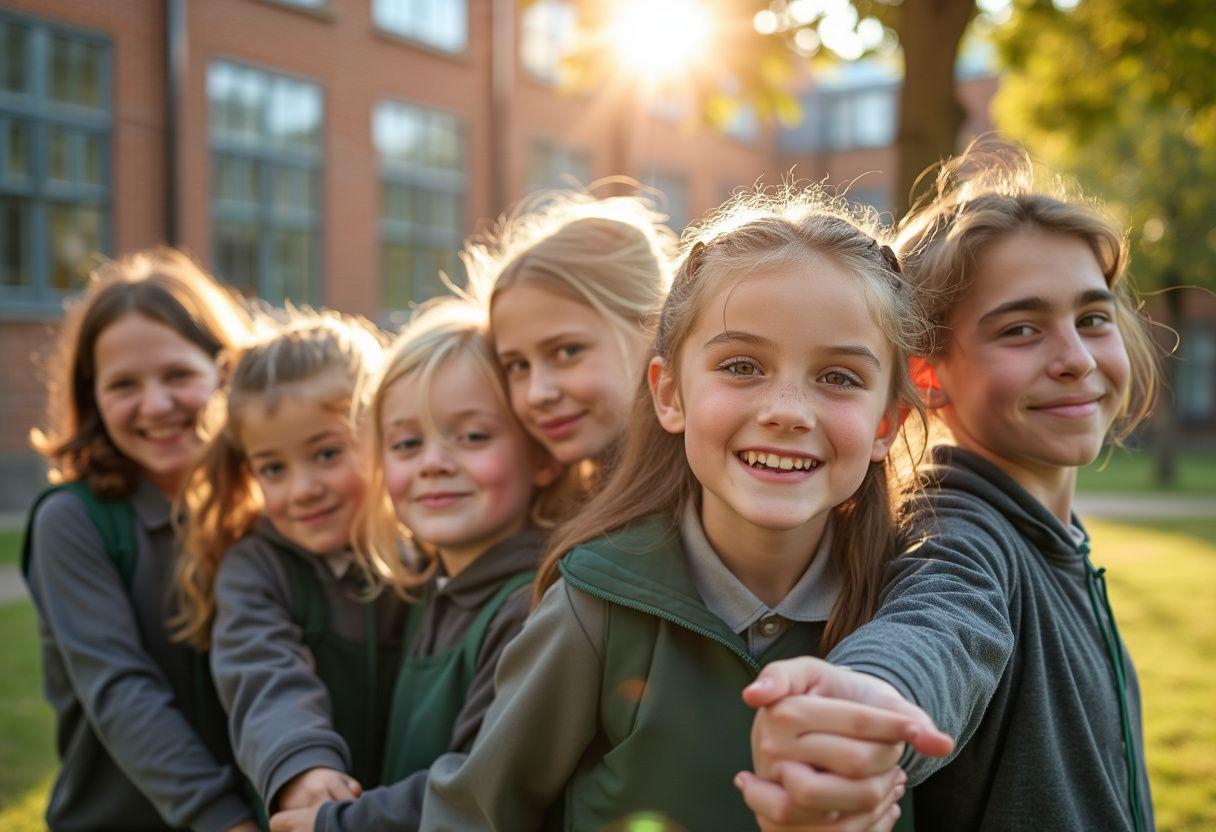
Imagine being born into a world where you never need to type a question, where digital companions respond to your emotions, and your school adapts to how your brain learns best. For the children being born today, this won’t be science fiction. It will be Tuesday.
The AI future our children will grow up in is radically different from the world we knew at their age. And it’s not just about better gadgets. It’s about fundamental shifts in how we learn, work, relate to each other, and define what it means to be human.
1. Education Will Be Personal—Truly Personal
No more one-size-fits-all classrooms. AI tutors will adapt in real-time to each student’s pace, interests, and attention span. A child who struggles with reading but excels at spatial reasoning might learn to read through Minecraft-style story challenges, while another explores history through an immersive AI-generated role-play game.
But this personalisation won’t stop at learning styles. Emotional states, mental health patterns, and even sleep cycles could influence lesson plans. For better or worse, the classroom will follow the child, not the other way around.
2. Work Will Start Earlier—And Look Nothing Like Today
Teenagers will likely collaborate with AI to build businesses, launch apps, and solve real-world problems before they’re old enough to drive. The barrier to starting something meaningful will be curiosity—not capital or credentials.
This doesn’t mean kids will be working 60-hour weeks at age 14. But it does mean the tools of creation will be so accessible that waiting until university to "get started" might feel outdated. Entrepreneurship, creativity, and experimentation will be built into the culture of growing up.
3. Friendship Will Include Non-Humans
Our children won’t just talk to chatbots—they’ll form bonds with them. AI companions will become study buddies, emotional supports, and creative collaborators. And while that opens up new forms of connection, it also raises hard questions: What happens when your best friend is a large language model?
Parents will need to guide children not just in screen time, but in screen relationships—understanding boundaries, agency, and the difference between empathy and programming.
4. Privacy Will Be a Myth They Learn to Challenge
Children born today will grow up with a digital trail from the womb: health trackers, baby monitors, smart toys. Their data footprint will be vast before they even say their first word.
By the time they're teenagers, they’ll be fluent in managing privacy as a skillset. They’ll learn how to create digital shadows, control their public selves, and negotiate with systems that want to know everything. They'll also be the ones asking us why we didn't do more to protect them sooner.
5. Creativity Will Explode—But So Will the Noise
When every child has access to tools that generate music, art, video, and code, creativity becomes democratic. The next Banksy might be a 12-year-old remixing AI outputs from their bedroom. But with so much being created, standing out will require more than talent—it will require taste, ethics, and storytelling.
Curation will become a key life skill. Not just in choosing what to watch, but what to build, what to share, and who to believe.
The Parental Question: How Do We Prepare Them?
We don’t prepare our children by resisting the tools—they’ll be swimming in them. We prepare them by strengthening the core human skills that AI can’t replace: empathy, discernment, adaptability, and critical thinking.
Our role is to help them develop a sense of agency. To teach them not just how to use technology, but how to ask better questions. How to remain curious and compassionate in a world where machines might out-think them, but never out-feel them.
Because in 20 years, the most powerful tool any child will have… is still their mind.